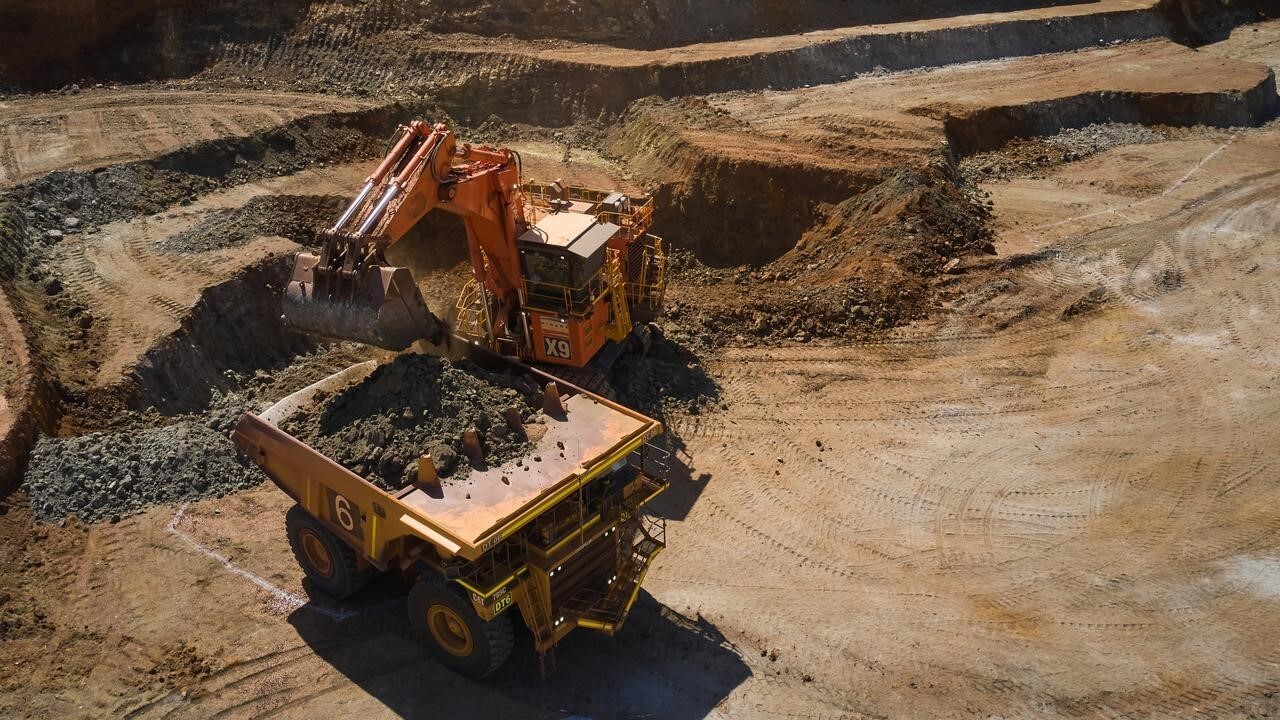您想继续阅读英文文章还
是切换到中文?
是切换到中文?

THINK ALUMINIUM THINK AL CIRCLE

In a landmark advancement to secure vital resources and promote sustainable development, the European Commission announced its 13th trade partnership with Australia. This agreement, signed on May 28, aims to bolster the EU’s access to critical raw materials while fostering growth in Australia’s mineral sector.

Key figures, including EU Commissioners Valdis Dombrovskis and Thierry Breton, alongside Australian Trade Minister Don Farrell, heralded the agreement as mutually beneficial, emphasising its importance for the European Green Deal and the decarbonisation of transport.
The newly forged partnership promotes the EU's strategy to diversify its supply of essential minerals by integrating value chains and promoting sustainable production practices. Australia, a leading producer of aluminium ore, cobalt, copper, and other critical minerals, stands to gain significantly from EU investments aimed at enhancing its renewable energy projects. This collaboration is expected to drive forward the EU's ambitious green and digital transition goals.
Valdis Dombrovskis highlighted the partnership’s focus on innovation and sustainability, stating, “Our trade partnership focuses on integrated value chains, boosting research and innovation for both sides as well as sustainable production. This will also help us deliver the green and digital transition.”
The deal promotes the adoption of high environmental, social, and governance (ESG) standards, ensuring that resource extraction and utilisation are conducted responsibly.
French Commissioner Thierry Breton focused on the deal’s potential to enhance cooperation, investments, and business opportunities. He noted the need for swift action to realise the full potential of this partnership, urging collaboration between governments and the private sector. This sentiment was echoed by Don Farrell, who defined the agreement’s role in attracting EU investments into Australia’s renewable energy sector, thereby advancing the nation’s goal of becoming a renewable energy superpower.
Australia’s substantial reserves of aluminium ore position it as a critical player in the global supply chain for this indispensable metal. The trade deal is expected to secure a steady flow of aluminium and other minerals to the EU, supporting the manufacturing of batteries for electric vehicles (EVs) and the construction of wind turbines—key components of the EU’s strategy to reduce carbon emissions and combat climate change.
The path to this agreement was not without challenges. Previous attempts to secure a deal were thwarted by disputes over geographic indicators and agricultural product offerings. However, both parties successfully navigated these hurdles, culminating in today's signing. This development adds Australia to a growing list of EU trade partners, including Canada, Chile, and Norway, and signals a significant step forward in global cooperation on critical raw materials.
If you wish to learn more about the international aluminium industry, please have a look at AL Circle's special report, Global Aluminium Industry Key Trends to 2030.
Responses








